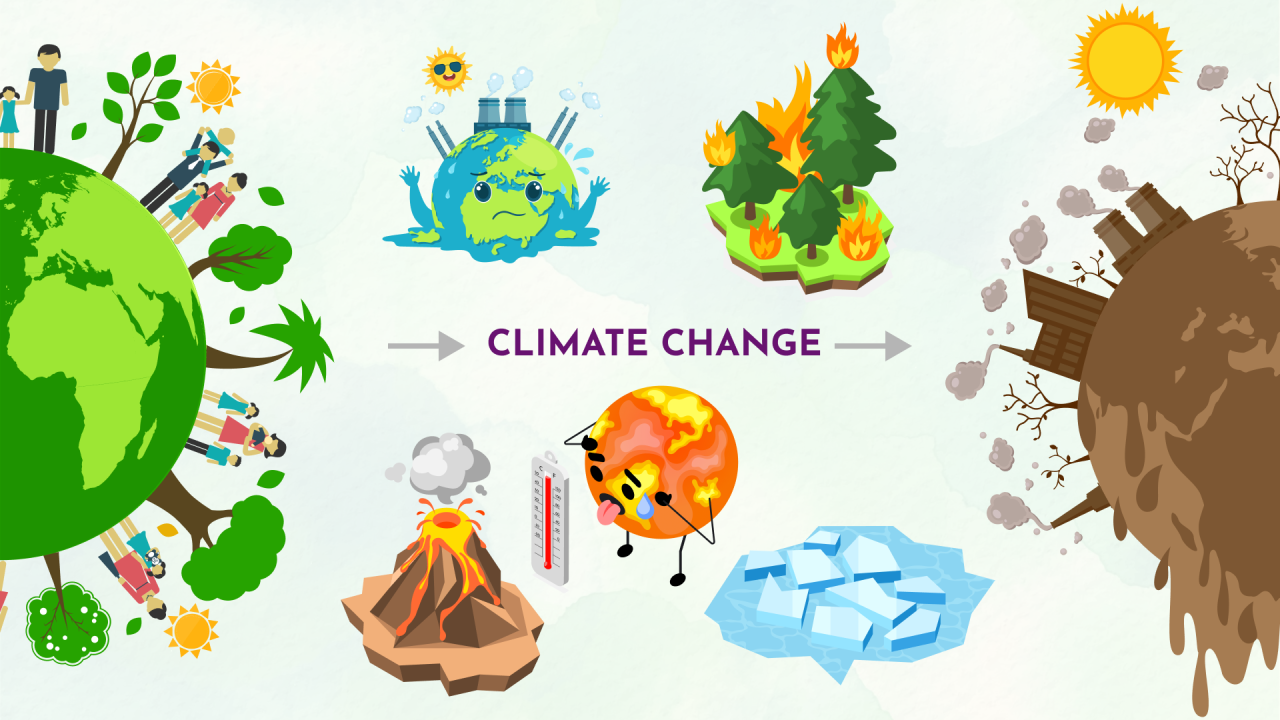India’s Path to Future Skills
Context:
India has been ranked second globally in its preparedness for future jobs, particularly in areas like artificial intelligence (AI) and green skills, as per the QS World Future Skills Index 2025.
More on News
- Only the United States stands ahead in this domain.
- However, despite this impressive ranking, the report reveals significant challenges in other critical areas, positioning India as a “future skills contender.”
Key Indicators Measured and India’s Performance
The QS World Future Skills Index evaluates countries based on four broad indicators to assess readiness for the evolving global job market:
- Skills Fit: Assesses the alignment between graduate skills and employer requirements.
- On this parameter, India ranks last among the top 30 countries.
- The report highlights a significant gap between workforce skills and employer needs, pointing to challenges in India’s higher education system in keeping pace with the demands of a rapidly changing economy.
- Future of Work: Evaluates the preparedness of the job market for the skills needed in future jobs.
- India excels in this category, ranking second globally, just behind the United States and ahead of Germany and Canada.
- This reflects the country’s strong demand for digital, AI, and green skills in job postings, driven by the transition to technology-driven and sustainable industries.
- Academic Readiness: Measures how well higher education aligns with future work demands.
- India ranks 26th, with a score of 89.9.
- Although higher education is making strides, it still lags behind in fostering creativity, problem-solving, and entrepreneurial thinking.
- Economic Transformation: Examines a country’s capacity to support future skills growth through key metrics like innovation and sustainability.
- India ranks 40th on this parameter, with a score of 58.3.
- While the country receives full marks for economic capacity, it performs poorly on sub-parameters like innovation and sustainability, scoring only 15.6 out of 100.
Insights on India’s Education System
The report underscores significant shortcomings in India’s education system and workforce preparedness:
- India’s graduates face challenges in acquiring skills required for a rapidly changing job market.
- There is a noticeable gap in fostering entrepreneurial and innovative mindsets among students.
- Collaboration between universities and industries is insufficient, leading to a misalignment between education and workforce demands.
The QS World University Rankings for 2025 highlight India’s significant progress in higher education, with the Indian Institute of Technology Bombay (IITB) leading at 118th globally, followed by IIT Delhi at 150th. The number of Indian institutions in the rankings has surged from 11 in 2015 to 46 in 2025, reflecting a commitment to academic excellence and research output. Key indicators like “Citations per Faculty” demonstrate strong research capabilities, with Anna University achieving a perfect score in this category. Additionally, IIT Delhi ranked first in India for sustainability efforts, indicating a growing focus on environmental issues. This upward trajectory enhances India’s reputation as a competitive player in global education and underscores the importance of continued investment and support in the higher education sector |
Recommendations for Improvement
To address these challenges, the report suggests the following measures:
- Curriculum Revamp: Universities must embed creativity, problem-solving, and entrepreneurial thinking into their curricula.
- Industry Collaboration: Strengthening partnerships between higher education institutions and industries to align education with real-world demands.
- Lifelong Learning: Policymakers should prioritise reskilling programs to keep the workforce relevant and productive in the long term.
While India’s high ranking in the Future of Work indicator reflects its potential to lead in emerging industries, significant reforms in education, innovation, and sustainability are essential for the country to fully realise its potential. Aligning higher education with workforce needs and investing in continuous skill development will be critical to positioning India as a global leader in the future job market.


